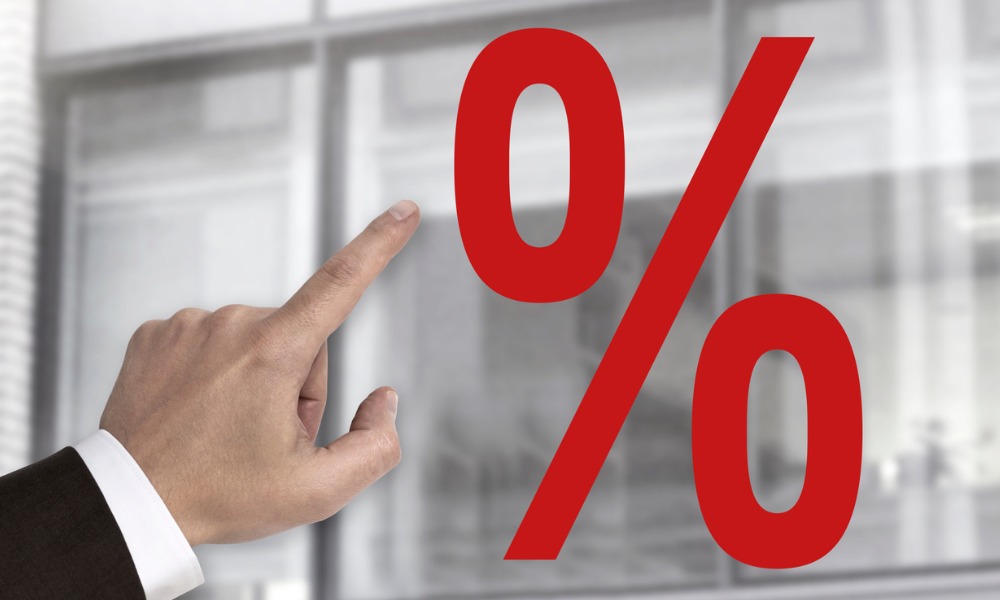Long-term interest rates are surging to their highest levels in 16 years

The rise in long-term interest rates - considered to be at their highest levels in 16 years - has put the recovering housing market at risk and also made it harder for companies to fund their investments, Bloomberg reported.
With 10-year Treasury yields reaching 4.56% on Tuesday afternoon in New York, which was the highest they had been since October 2007.
The rise has been causing problems for the US economy.
Kevin Warsh, a former Fed governor, said that a contributor to the increase in long-term yields is the rising concern regarding large US budget deficits in the future, as well as a lack of buyers who used to purchase big numbers of Treasuries. Rising mortgage rates make prospective buyers leave the market, while the supply of US homes has hit a five-month low. Home-purchase mortgage applications are nearing their lowest readings in decades according to the data from the Mortgage Bankers Association.
“It’s becoming a series of unfortunate events,” said Diane Swonk, the chief economist at KPMG LLP, an audit firm.
Currently, the US has autoworkers on strike, its own government on the verge of shutting down, as well as the resumption of student loan payments following a pause due to the pandemic. Simultaneously, oil prices have been rising while Europe’s growth faces stagnation and China is having trouble with a breakdown in its property market.
Swonk said that the soft landing that the economy was expecting is being jeopardized. However, she believes that the expansion rate will slow down sharply during Q4 to a 1% annualized rate, and she also believes that the US should avoid a recessionary hard landing.
What should be gathered from the rise in rates?
Federal Reserve policymakers remain optimistic as they believe that the rise in yields can be helpful for inflation. As policymakers were fearing the economy would run too hot, rising yields may make things grow calmer.
“If bond yields are moving higher, there’s even less need for the Fed to have to tighten further,” said Lou Crandall, chief economist at Wrightson ICAP LLC.
In contrast, Julia Coronado, MacroPolicy Perspectives LLC’s founder, said that the rise in long-term rates will badly impact demand for housing and autos, as well as further devaluing the holdings of smaller and regional banks with loans and bonds that have low rates.
“It’s a downside risk,” said Coronado. “It’s going to be a headwind for the economy to absorb.”
Have something to say about this story? Let us know in the comments below.



